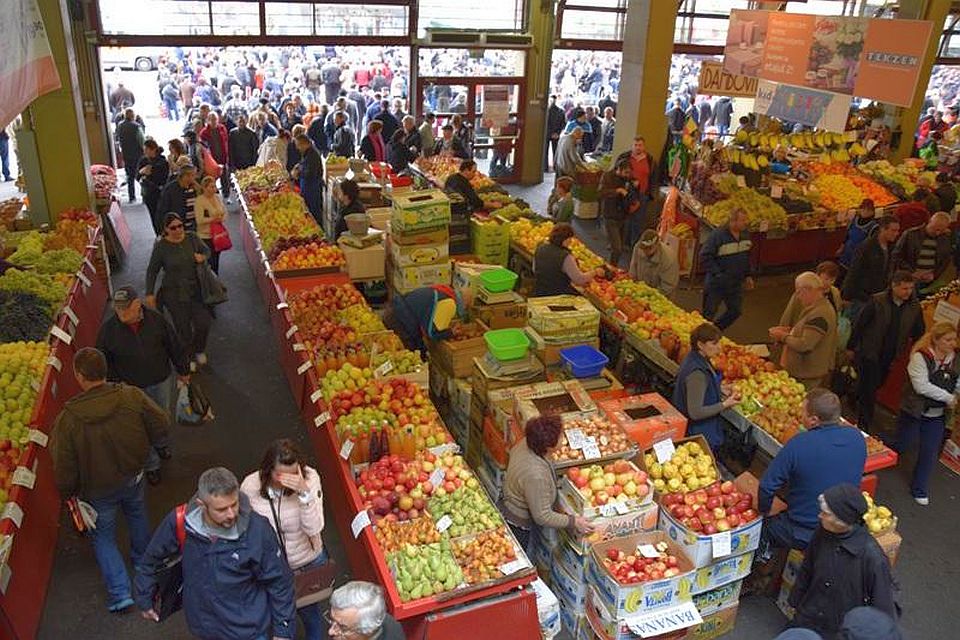Romania is embroiled in a political debate about price caps, after a proposal is being considered by the Social Democrats (PSD), the largest party in the ruling three-party coalition.
PSD leader Marcel Ciolacu mentioned a price cap as a solution to skyrocketing food prices last week, citing the example of Hungary, which introduced a cap on six essential food groups on Feb. 1.
“Flour, sugar, milk, definitely. This is how it is done in Hungary, and it is normal. Can’t buy the truck, do you export capped products? We are talking about a cap on commodities. I’m not a specialist. I don’t know how much flour a family consumes. I saw in Hungary that studies are being done. These things do not come from politicians, but from specialists. Do I have to tell you how many eggs you are allowed to buy?” Ciolacu said last week in parliament.
The biggest opposition to the plan comes from food retail workers’ union Romalimenta, which says that official regulation of food prices would jeopardize the food supply of the population and, at the same time, encourage speculation.
“Thousands of jobs could be put at risk as companies will be forced to resort to cost-cutting measures. This will increase the state’s unemployment-related spending,” the association said in a statement. According to them, a possible price drop will temporarily lower prices, but it will have a number of negative consequences for the food supply chain as a whole.
“Such a measure could lead to a severe food crisis, as the industry would not be able to withstand the losses, many companies would go out of business and this would have an immediate and direct impact on the food supply of the population,” they stressed. It is believed that the government, in consultation with producers, should decide on measures to protect vulnerable sectors, otherwise the negative effects of any such measure will far outweigh the benefits.
According to Gergely Rácz, an economist at Babes-Bolyai University in Cluj-Napoca, the introduction of official prices for certain basic foods favors consumers in need in the short term, but in reality only delays inflationary pressures, upsets the economy and puts local businesses at a competitive disadvantage vis-à-vis multinational retail chains.





